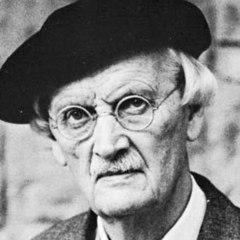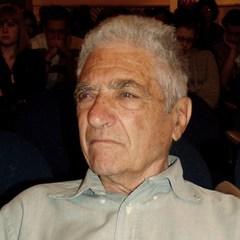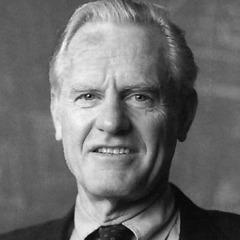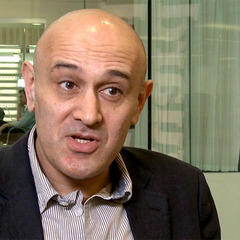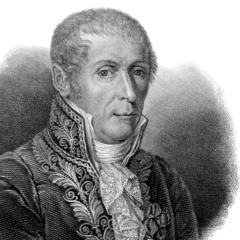Isaac Newton Quotes - Page 4
Atheism is so senseless and odious to mankind that it never had many professors.
"Newton's Philosophy of Nature: Selections from His Writings".
It is the weight, not numbers of experiments that is to be regarded.
Sir Isaac Newton (1959). “Correspondence: 1676-1687”
Sir Isaac Newton (2016). “Delphi Collected Works of Sir Isaac Newton (Illustrated)”, p.1023, Delphi Classics
Whence arises all that order and beauty we see in the world?
'Opticks' (1730 ed.) bk. 3, pt. 1, qu. 28
Sir Isaac Newton (2016). “Delphi Collected Works of Sir Isaac Newton (Illustrated)”, p.428, Delphi Classics
"The Principia: The Authoritative Translation: Mathematical Principles of Natural Philosophy".
Quoted in Christian Monitor, and Religious Intelligencer, 4 July 1812. An almost identical quotation by Newton, said to have been uttered "a little before he died," appears in Joseph Spence, Anecdotes, Observations, and Characters of Books and Men, published in 1820 but extant in manuscript form from around 1730. A paraphrase of Newton's words was printed in a note in a 1797 edition of TheWorks of Alexander Pope.
David Brewster, Isaac Newton (1855). “Memoirs of the Life, Writings and Discoveries of Sir Isaac Newton”, p.348
"Never at Rest: A Biography of Isaac Newton". Book by Richard S. Westfall, p. 643, 1704.
Sir Isaac Newton (2014). “Newton: Philosophical Writings”, p.186, Cambridge University Press
Sir Isaac Newton (1718). “Opticks: Or, A Treatise of the Reflections, Refractions, Inflections and Colours of Light. ...”, p.326
Sir Isaac Newton (1730). “Opticks, Or a Treatise of the Reflections, Refractions, Inflections and Colours of Light”, p.379
1687 Newton's First Rule of Reasoning in Philosophy. Philosophiae Naturalis PrincipiaMathematica (translated by Andrew Motte,1729).
Isaac Newton (1966). “Sir Isaac Newton's Mathematical Principles of Natural Philosophy and His System of the World: The motion of bodies”, p.17, Univ of California Press
Sir Isaac Newton (2016). “Observations upon the Prophecies of Daniel, and the Apocalypse of St. John”, p.17, Library of Alexandria
Sir Isaac Newton, Florian Cajori (1946). “Sir Isaac Newton's Mathematical Principles of Natural Philosophy and His System of the World”, p.6, Univ of California Press
Sir Isaac Newton (2014). “Newton: Philosophical Writings”, p.91, Cambridge University Press


